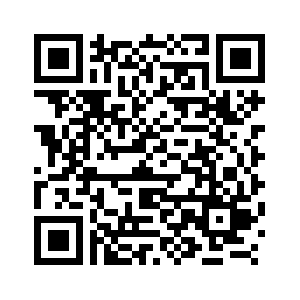LOS ANGELES, Oct. 28 (Xinhua) -- Black and Hispanic adults in the United States who go into cardiac arrest in public were less likely to receive potentially lifesaving cardiopulmonary resuscitation (CPR) from anyone standing by before a medical team arrives, according to a new study published Thursday.
The relative likelihood of receiving bystander CPR at home was 26 percent lower for Black and Hispanic people than for White people, and the likelihood of bystander CPR for arrests in public locations was 37 percent lower for Black and Hispanic people than for White people, according to the study published in The New England Journal of Medicine.
This finding suggests that multifaceted public health interventions may be needed to reduce racial and ethnic differences in bystander CPR, according to the study.
"These results were important to understand and likely emblematic of other larger social issues that affect health care and treatment," Dr. Paul Chan, the study's senior author and cardiologist at Saint Luke's Mid America Heart Institute in Missouri, said in a release. ■



